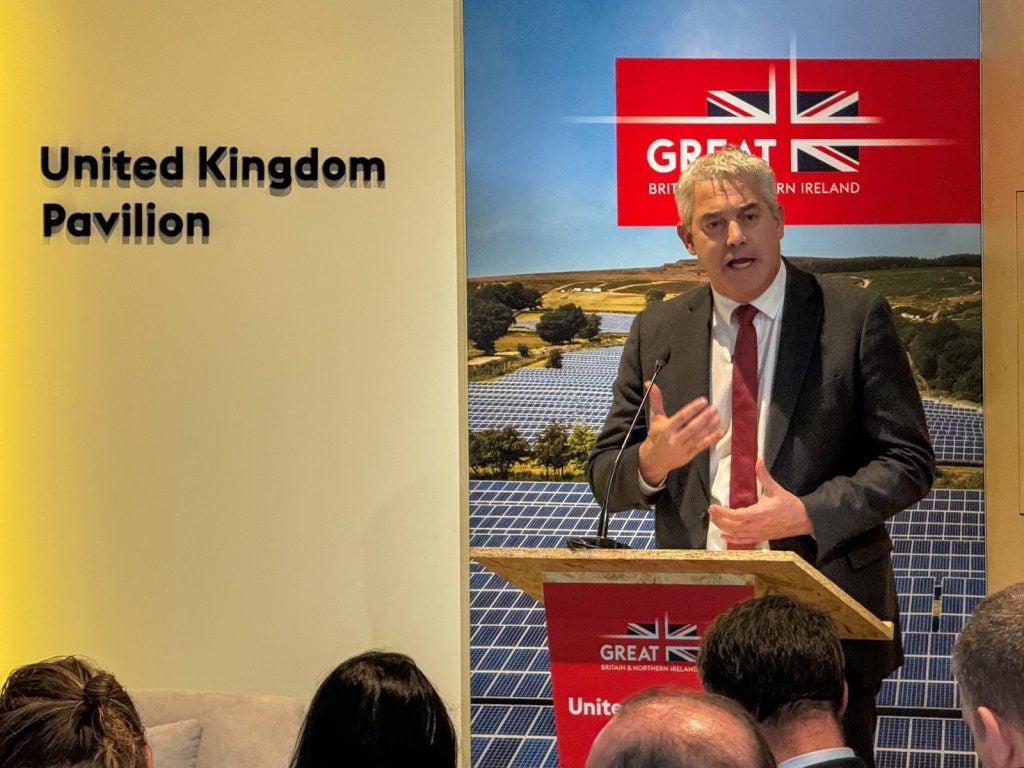The UK government has announced plans to increase transparency in food labelling to “make sure high-quality British food stands out from the crowd”.
Its proposals, announced at a conference in Oxford today (5 January) by Environment Secretary Steve Barclay, are intended to “empower consumers to make informed decisions at the supermarket shelf and online, while backing British farmers producing food to world-leading standards of taste, quality and animal welfare”.
It what is likely to be seen as a ‘buy British’ push, the plans, which will go out for consultation, include proposals to make food labelling clearer, such as “highlighting when imported products do not meet UK welfare standards”.
Barclay will also speak with major online retailers to identify ways to better support customers to understand the origin of their food products at the point of purchase, including the option of a “buy British button”.
The government’s Department for Environment, Food & Rural Affairs (Defra) said it wants to ensure British farmers following high welfare standards are fairly rewarded and “make sure high-quality British food stands out from the crowd”.
Barclay told the conference: “British farmers take pride in producing food that meets, and often exceeds, our world-leading animal welfare and environmental standards.
“British consumers want to buy this top-quality food, but too often products produced to lower standards overseas aren’t clearly labelled to differentiate them.
“This is why I am proud to announce that we will consult on clearer food labelling so we can tackle the unfairness created by misleading labelling and protect farmers and consumers.”
Veteran food industry watcher Clive Black, a director at UK investment company Shore Capital, gave the announcement a mixed review.
“That Defra is showing some interest in the economic interests of British farming – it should really be so for the whole food system – is a welcome change,” he said.
He added: “A consultation on labelling is, I guess potentially helpful albeit the motive of the idea generation if it comes from within Defra or its SPADs [special advisers] will most probably mean ‘we must be seen to do something’, rather than a real initiative with teeth, heart and legs.
“Let’s see, therefore, what emerges, but one material way to help the UK food system, particularly farming, would be to mandate that all central and local government procurement prioritises buying British and is not permitted to procure meat, for example, that does not comply with UK welfare regulations. Alas, such ideas did not emerge.”









